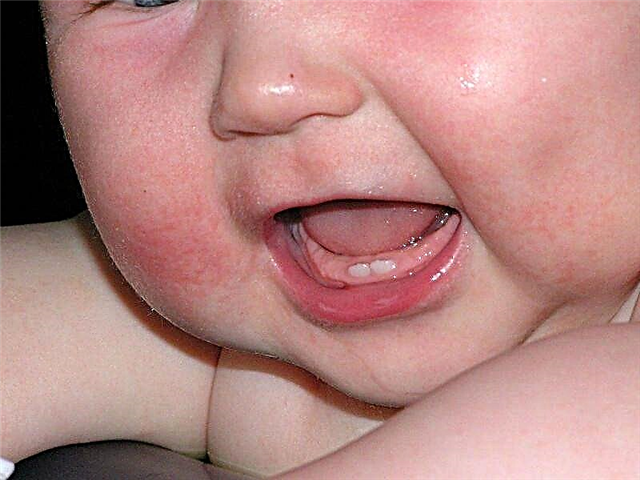
For diseases of the nose and paranasal sinuses, local medications are most often prescribed in the form of nasal drops. However, sometimes the doctor recommends dripping medicines, in the annotations to which there is no such method of application. One of these drugs is Dexamethasone. Why is it dripping into the nose, can it be used for children?

Composition and form
Dexamethasone is a glucocorticoid medication available in solution and tablets. ENT doctors sometimes prescribe such a medication to drip into the nose in liquid form, which is eye drops. It is produced in bottles with a clear yellow or colorless solution.

One bottle contains 5 or 10 ml of a drug with an active compound concentration of 0.1%. This active substance is sodium dexamethasone phosphate. The solution also contains benzalkonium chloride, disodium edetate, boric acid, sterile water and sodium tetraborate decahydrate.


How does it work?
"Dexamethasone" in drops has anti-inflammatory effect, since it is able to reduce the activity of the inflammatory process, preventing the penetration of immune cells into the affected tissues and blocking the production of inflammatory mediators. In addition, such a medication has an anti-exudative effect by reducing the permeability of the vessel walls. The result of this effect will be a decrease in the swelling of the mucous membrane and relief of breathing.

Indications
It is possible to bury "Dexamethasone" in the nose with difficulty breathing and severe congestion, which are caused by an allergic reaction. In addition, such a medication is in demand for adenoids and a prolonged course of the common cold or sinusitis.It is important to remember that the medication is hormonal, so it can be dangerous to use it in childhood without a doctor's prescription.

It is permissible to drip the drug into the nose only after consulting a pediatrician. In addition, often "Dexamethasone" is used as an emergency aid if you need to eliminate an attack or cure a serious illness. For constant use and for mild inflammatory processes, such a medication is not suitable.

In some cases, ENT doctors prescribe complex drops with "Dexamethasone". They include other drugs, including antiseptics ("Dioxidin", "Furacilin", "Miramistin"), vasoconstrictor drugs (Galazolin, "Nazivin", "Xilen"), antibiotics or antihistamines. The recipe for such multicomponent drops is selected individually, taking into account many factors, including the course of the disease and the age of the baby.


Contraindications
The drug is not used for intolerance to any of its components, as well as for many other serious illnesses, including mental illness, renal failure, fungal infection and others. If a child has any chronic pathology, the question of the advisability of using nasal drops should be decided by a specialist.

Instructions for use
Before injecting the drug into the nose, the mucous membrane should be cleaned of secretions or crusts. The doctor prescribes the number of drops and the mode of their use for each child individually.
Purchase and storage conditions
Drops "Dexamethasone" are sold in pharmacies by prescription and cost from 40 to 80 rubles per bottle (depending on the manufacturer). You can store the medication at home for the entire shelf life of 3 years, in a place hidden from sunlight and small children, where the temperature does not rise above +25 degrees. From the moment the bottle is opened, its contents must be used within 28 days.

Reviews
There are a lot of positive reviews about the treatment with Dexamethasone. The medication is praised for its effective and fast action, noting that it helps well with allergic diseases. If such drops are prescribed by a doctor, the dosage is not exceeded, then no side effects from such treatment are often detected.
However, many doctors (including Komarovsky) and parents are against the use of "Dexamethasone" in the nose, because with such treatment the medication is quickly absorbed, and there is a rather high risk of overdose.
For this reason, they prefer drugs from the same group of glucocorticoids, but intended specifically for administration into the nasal passages. The concentration of the active substance in such preparations is lower, which makes them safer, but does not diminish the therapeutic effect.

Analogs
Other hormonal topical agents can replace dexamethasone nasal drops - for example, "Nazonex", "Nazarel", "Dezrinit", Fliksonase or "Avamis"... They are produced in the form of a nasal spray and are used for allergic rhinitis, acute sinusitis, as well as chronic inflammation of the paranasal sinuses. Since their action is provided by different substances and each of them has its own characteristics of use, a doctor should select an analogue.


In the next video, Dr. Komarovsky will tell you what vasoconstrictor drops are, how to use them correctly, and how do adult drops differ from children's ones?



